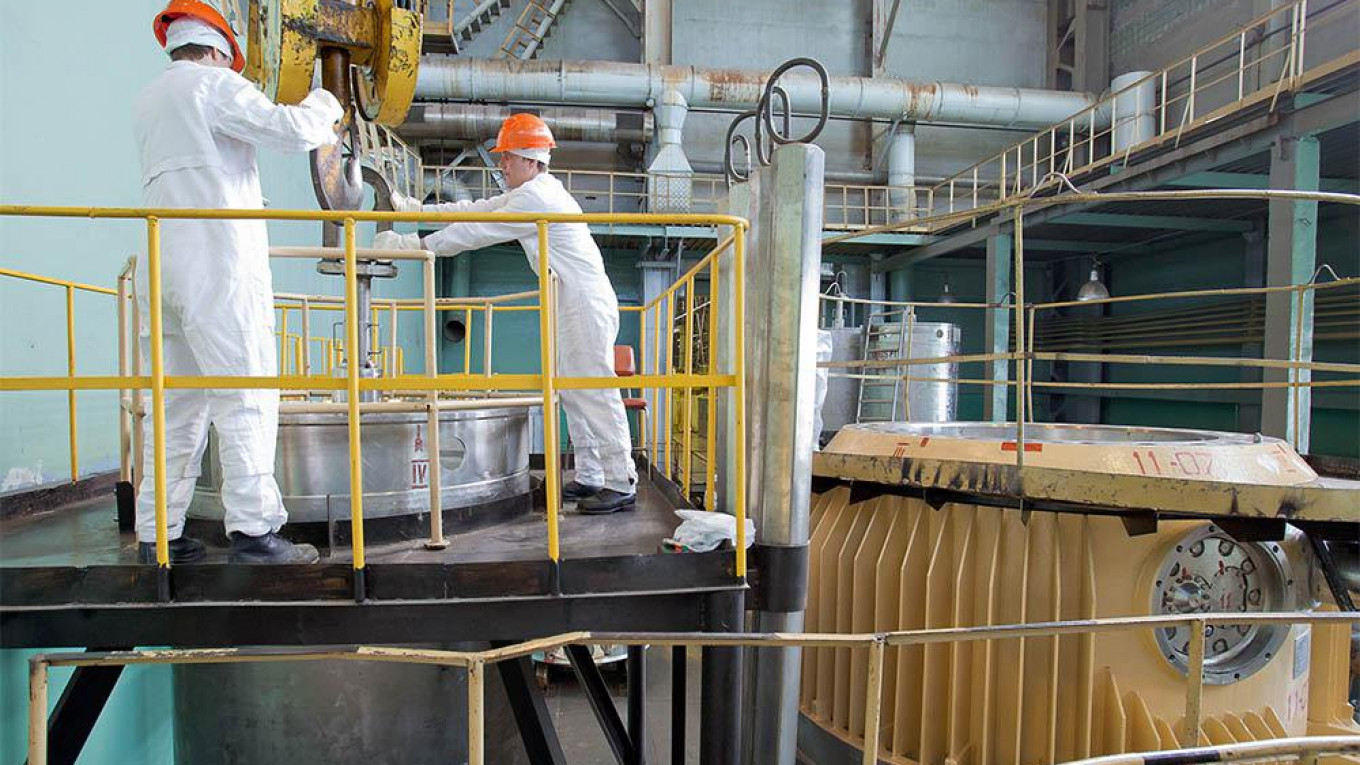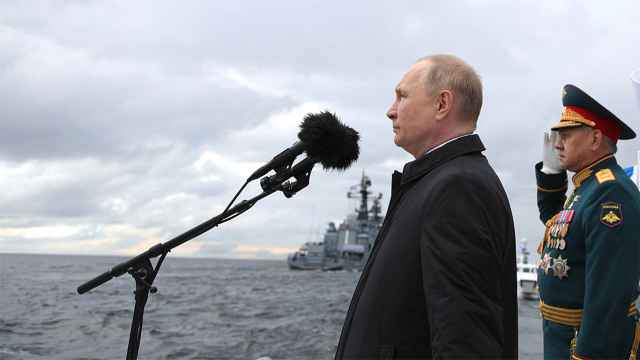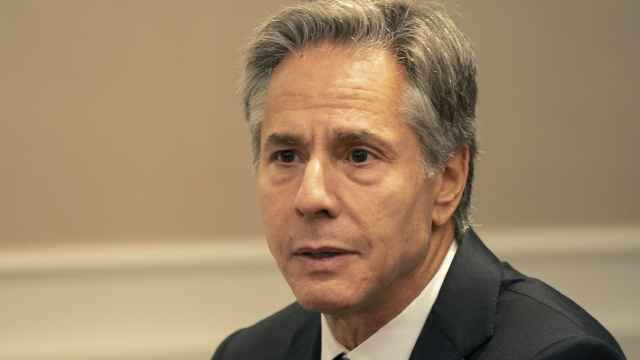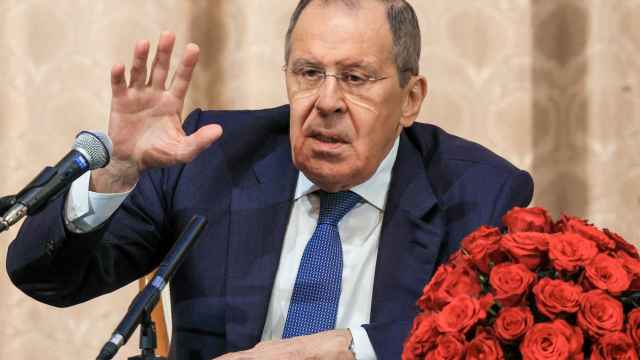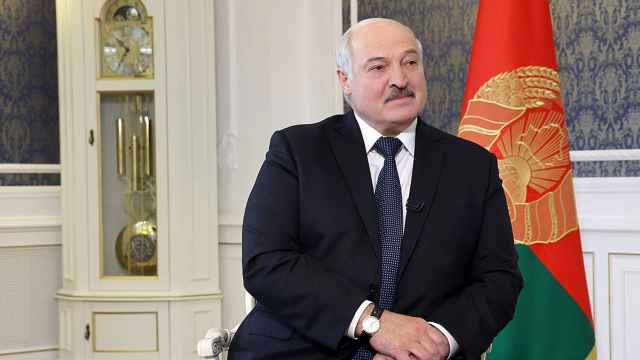Russian officials on Friday denied that a nuclear plant in the Urals was the source of a cloud of radioactive material that passed over Europe in September.
The European monitors that registered the cloud in late September said last month that it likely originated in Russia’s southern Urals. Russia’s Federal Meteorological Service also said in November it had registered extreme levels of Ruthenium-106 (Ru-106) in several locations.
The highest levels of the radioisotope — 986 times the norm — were located at the site of the Mayak nuclear facility, it said.
But on Friday, a commission including representatives of Russia’s nuclear corporation Rosatom — which owns the Mayak facility — and the Institute for Nuclear Power Development of the Russian Academy of Sciences, among others groups, said that Ru-106 was at its natural background level at the time.
"An examination of test samples did not identify the presence of Ruthenium-106," the commission said in comments run by the state-run TASS news agency. “The strength of gamma radiation and the intensity of beta rays were at their natural background level.”
An official echoed the report’s findings in comments to the Kommersant business daily.
"The substance was in the air — that’s a fact,” said Rafael Harutyunyan, the institute’s deputy director. “But if the Mayak facility was the source, then around it and in the soil, we would have found concentrations hundreds of thousands of times the norm.”
Instead, the investigators suggest, the radiation could have come from a satellite that fell back to earth, burning up in the atmosphere on the way down and releasing the Ru-106.
In a statement on Friday, the environmental organization Greenpeace said it has launched a petition to demand a “full-fledged check on the release of ruthenium-106 into the air on the territory of the Russian Federation with the involvement of independent specialists and members of the public.”
A Message from The Moscow Times:
Dear readers,
We are facing unprecedented challenges. Russia's Prosecutor General's Office has designated The Moscow Times as an "undesirable" organization, criminalizing our work and putting our staff at risk of prosecution. This follows our earlier unjust labeling as a "foreign agent."
These actions are direct attempts to silence independent journalism in Russia. The authorities claim our work "discredits the decisions of the Russian leadership." We see things differently: we strive to provide accurate, unbiased reporting on Russia.
We, the journalists of The Moscow Times, refuse to be silenced. But to continue our work, we need your help.
Your support, no matter how small, makes a world of difference. If you can, please support us monthly starting from just $2. It's quick to set up, and every contribution makes a significant impact.
By supporting The Moscow Times, you're defending open, independent journalism in the face of repression. Thank you for standing with us.
Remind me later.


